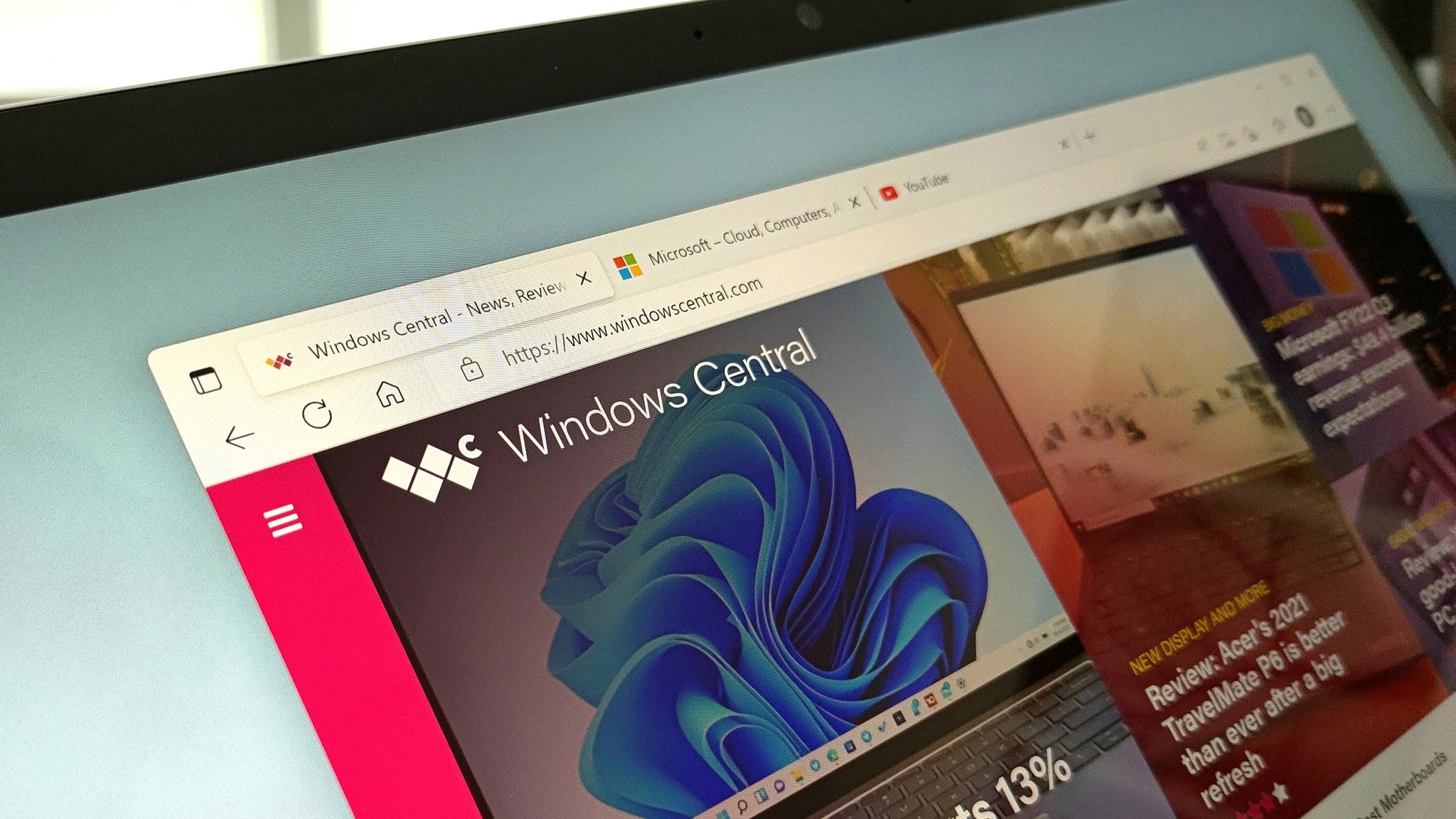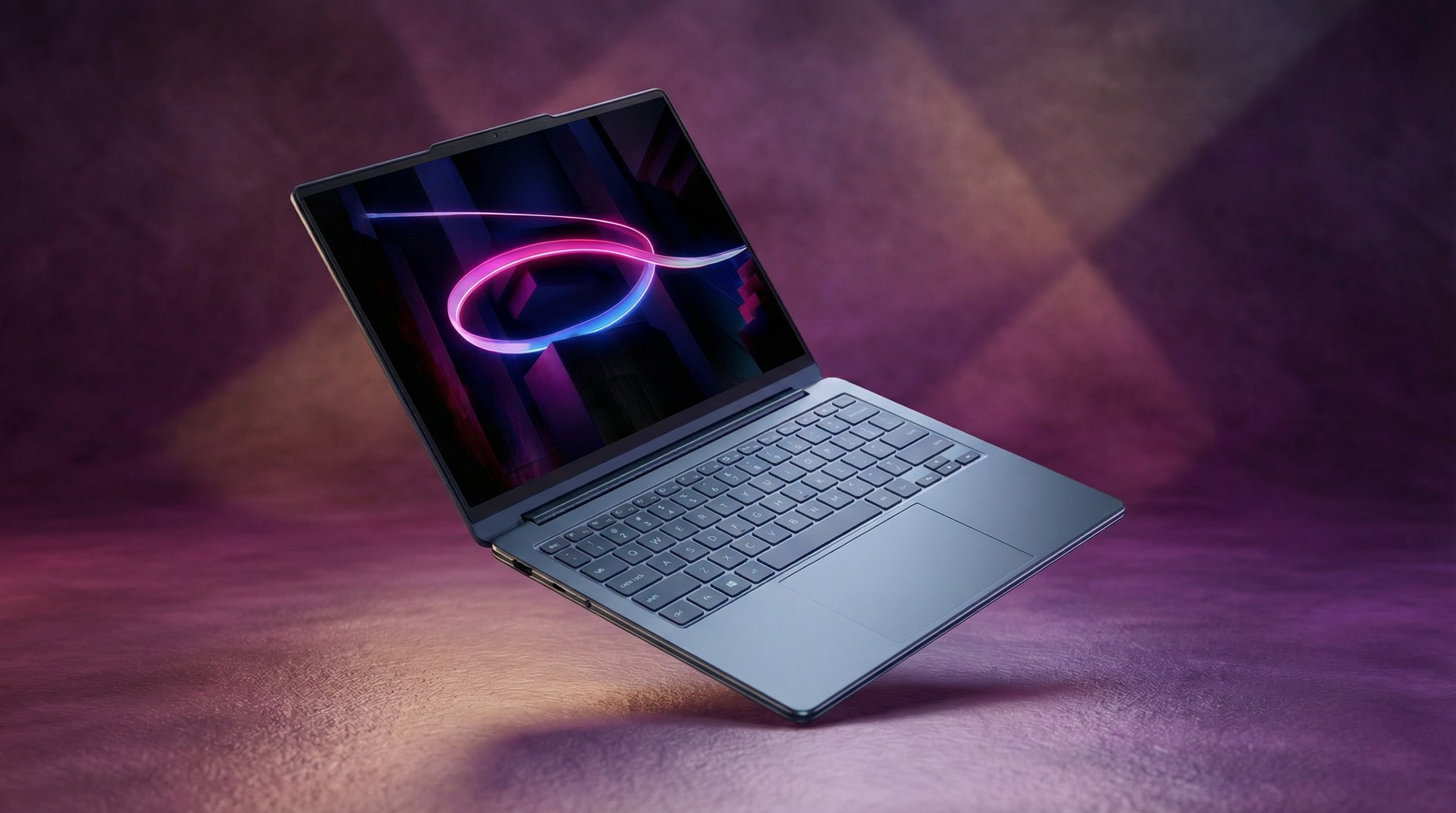This new tech could be for AI agents what HTML was to the open web
Microsoft likens Natural Language Web and Model Context Protocol to HTML and how that standard democratized the web.

All the latest news, reviews, and guides for Windows and Xbox diehards.
You are now subscribed
Your newsletter sign-up was successful
Microsoft and GitHub have joined the Model Context Protocol (MCP) Steering Committee. As part of the announcement, the tech giant shared that it will deliver first-party support for MCP across GitHub, Copilot Studio, Dynamics 365, Azure, Azure AI Foundry, Semantic Kernel, Foundry Agents, and Windows 11.
Microsoft also announced NLWeb, a new open project that makes it possible to create a conversational interface with websites while only requiring a few lines of code.
Build 2025 is a developer conference, so most of the announcements and sessions are focused on development. While there are some user-focused features discussed at Build each year, it will take a while for some of the newly announced tools to affect everyday computing.
I suspect this is the case here. The announcements related to MCP and NLWeb are important and could ultimately lead to more feature-rich websites, but it will take a while for end users to see the tech in action.
If the tech becomes commonplace, it will make websites more accessible. But we'll have to wait to see if major players like Google and Meta hop on board.
Model Context Protocol (MCP)
MCP is an open standard that allows AI Models to interact with data. Apps can share contextual information with an AI tool or agent when utilizing the protocol.
Microsoft has worked with Anthropic, the MCP Steering Committee, and the MCP Community to improve the security of MCP-connected apps when connecting to MCP servers. The new spec allows people to use Microsoft Entra ID or other trusted sign-in methods to grant data access to large language models (LLMs).
All the latest news, reviews, and guides for Windows and Xbox diehards.
MCP is designed to streamline the process of connecting AI agents to data sources.
"Think of MCP like a USB-C port for AI applications. Just as USB-C provides a standardized way to connect your devices to various peripherals and accessories, MCP provides a standardized way to connect AI models to different data sources and tools," explains Microsoft.
Natural Language Web (NLWeb)
NLWeb, which is short for Natural Language Web, is an open project made to simplify the creation of website interfaces that work with natural language. Microsoft explained that NLWeb will make it easy to convert any website into an AI-powered app.
Microsoft's goal is to bring AI to more sites and to make it easier to search the web using natural language. The tech giant compared NLWeb to HTML, which helped democratize the web and made it so anyone could make a website.
NLWeb leverages preexisting standards, such as RSS alongside other data from the web. It then combines that information with LLM-powered tools. The end result is an interface that can be accessed by humans or AI agents.
Early adopters of NLWeb include Eventbrite, Shopify, and Tripadvisor. Microsoft plans to test NLWeb with a smaller set of sites and developers to refine the standard.
Each NLWeb instance is an MCP server, which allows sites to be discoverable and accessible to participants in the same MCP ecosystem.
If MCP and NLWeb are broadly adopted, it could revolutionize the web. Sites could connect to AI models that are contextually aware and feature interfaces that support natural language.
We'll just have to see if tech giants and the broader development community embrace the standards.

Sean Endicott is a news writer and apps editor for Windows Central with 11+ years of experience. A Nottingham Trent journalism graduate, Sean has covered the industry’s arc from the Lumia era to the launch of Windows 11 and generative AI. Having started at Thrifter, he uses his expertise in price tracking to help readers find genuine hardware value.
Beyond tech news, Sean is a UK sports media pioneer. In 2017, he became one of the first to stream via smartphone and is an expert in AP Capture systems. A tech-forward coach, he was named 2024 BAFA Youth Coach of the Year. He is focused on using technology—from AI to Clipchamp—to gain a practical edge.
You must confirm your public display name before commenting
Please logout and then login again, you will then be prompted to enter your display name.
